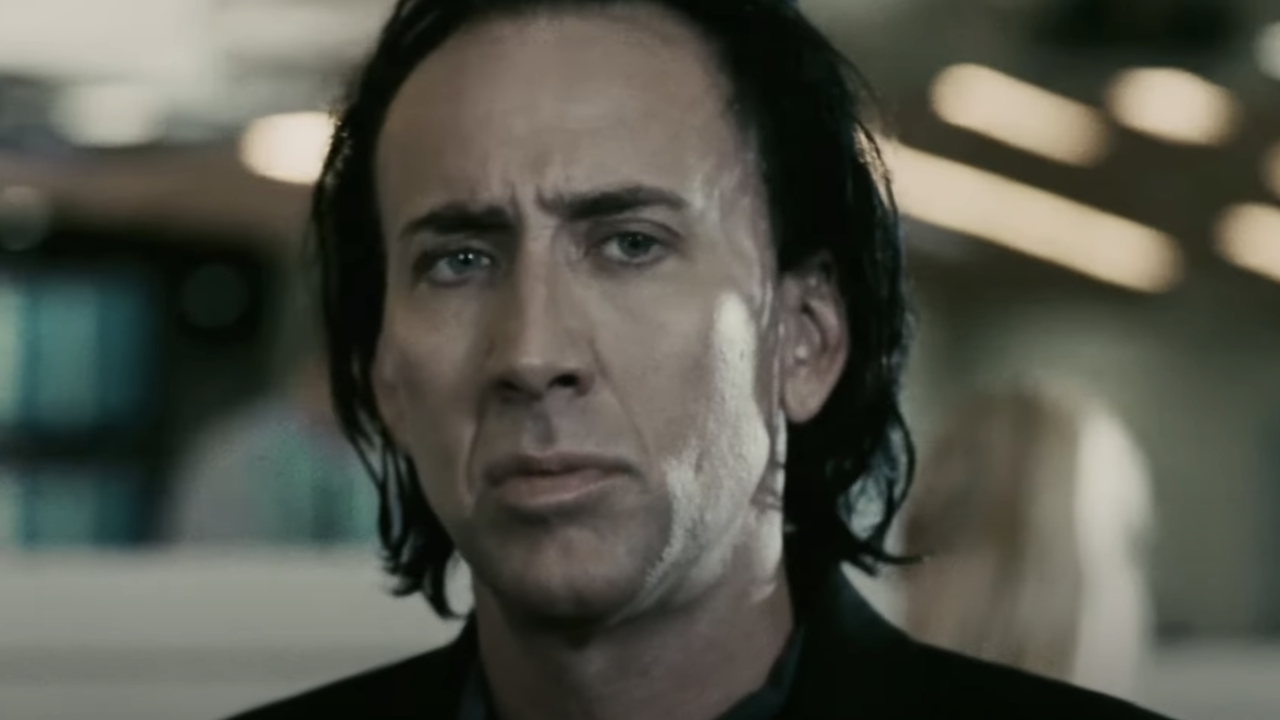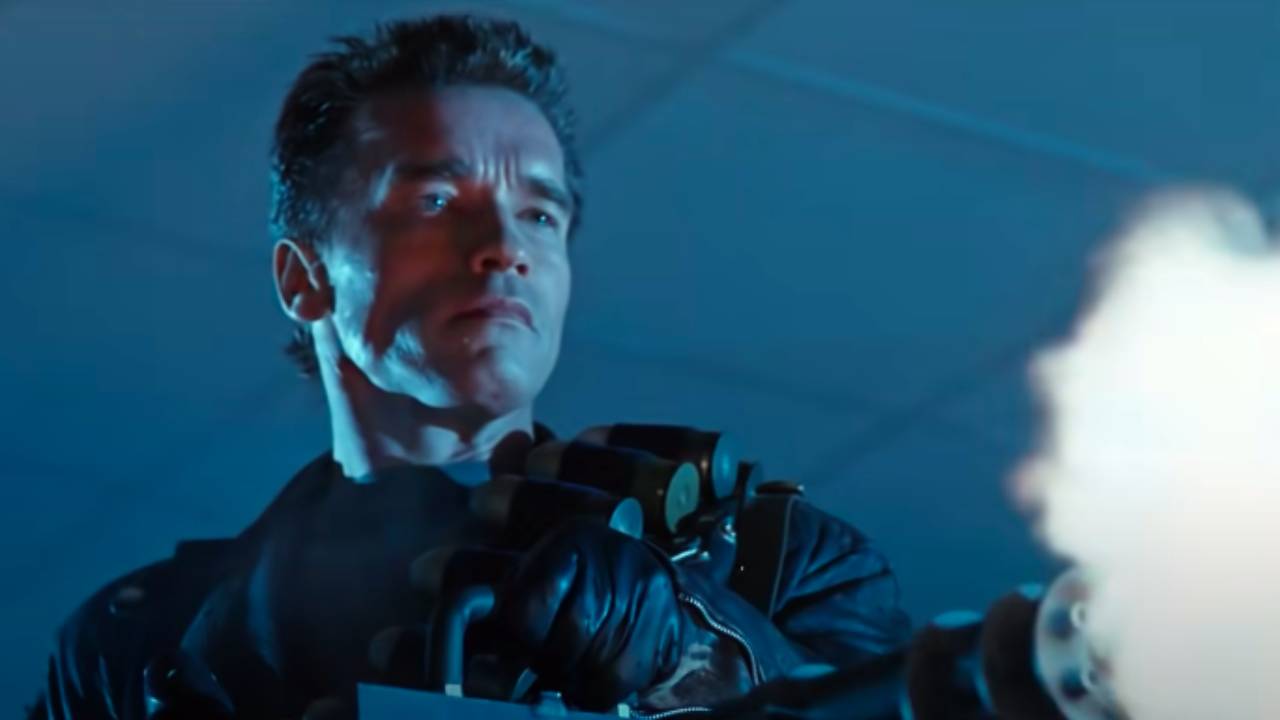Interview: Nicolas Cage On Bangkok Dangerous

You can call Bangkok Dangerous a remake of the original Thai-language film, but the differences between the two films are pretty large. In the original, the hero is a hitman who is a deaf-mute, and relies on an accomplice to communicate with the people around him. In the new film, starring Nicolas Cage, the hero is a white American in a city full of Thai people--- and it's a romance with a deaf-mute woman, not the assassinations, that change his life.
Nicolas Cage spoke over the phone to a group of journalists earlier this week about his experiences making Bangkok Dangerous, which is directed by the original film's directors, Oxide and Danny Pang. The shoot also coincided with a peaceful coup in the Thai government-- no violence, but not a good time to be shooting an action movie, either. And if you've been seeing the promotional materials and wondering what's up with Cage's hair this time-- well, he has an answer for you, and it has nothing to do with vanity.
Were you disappointed that the role is no longer a deaf mute?
I actually thought it worked out better to have the leading lady have that aspect to her behavior. It made it more emotional somehow. My interests were more about the story of this white man in an entirely Asian world and trying to fit in, trying to connect in some way with the culture.
The shooting of the film was interrupted by military coup in Thailand. Did you fear for your safety?
I didn't know what to make of it. It was completely abstract. There was nothing in my world that could relate to that. I walked off the set, got on a boat, woke my wife up, my kid, my father-in-law was staying with us. I said, 'We're going.' I took them to Korea, got back on another plane back to Bangkok, all the while having visions in my mind of things burning. I gave myself 50-50, I didn't really know what could happen. The next morning people were putting flowers in the tank, and I realized I was out of the woods. But it was like nothing I had ever experienced before.
How did the idea to remake this film come about? Were you approached by the Pang brothers?
Your Daily Blend of Entertainment News
Jason, one of the producers, brought it to me. The Pang brothers were already attached. I was aware very loosely of the original film. What happened was I was thinking more and more about being global in my work, which means going to foreign countries and working with foreign filmmakers, hoping they would give me a new take on my work. That's largely why I made the movie.
How do you maintain your likability when playing such a dark character?
I don't really think about it in those terms. I just think about whether or not there's something organic in it for me, something sincere. I had my own feelings of enchantment and wonderment in my own life, being married to a Korean lady. All of that would go in Bangkok Dangerous, those feelings of isolation. The best characters are the ones that somehow manages to be both attractive and repulsive at the same time. If you do that you're at the center of the universe—if you can find characters who are more ambiguous and can raise more questions than answers.
There's been a lot of discussion about your hair in this movie. How does it help you get into character?
There has been much talk about my hair in this movie, I think it does requires at this point some response. I'm playing a hitman who is going to Asia. Obviously in Asia, if you're a hitman you don't want to stand out. You don't want to look like a target. The jet black hair look was really from a perspective that the character was trying to blend into the look of the culture so he wouldn't stand out.
Staff Writer at CinemaBlend

